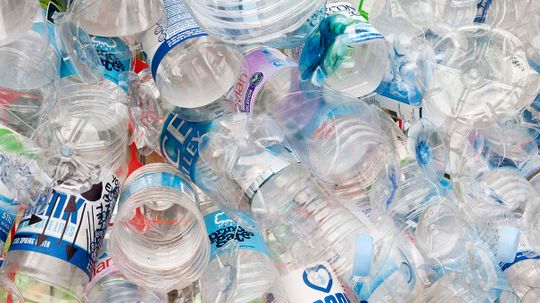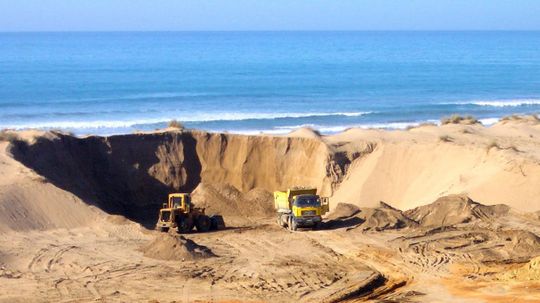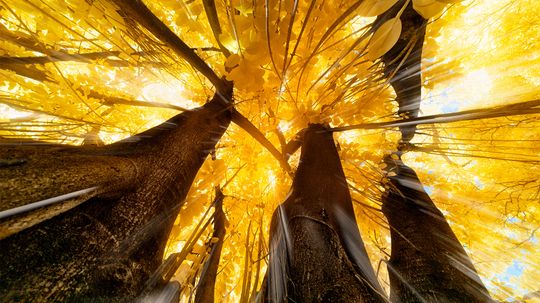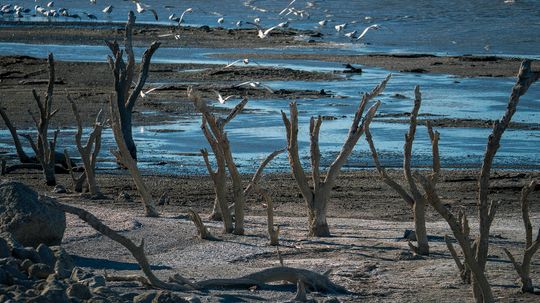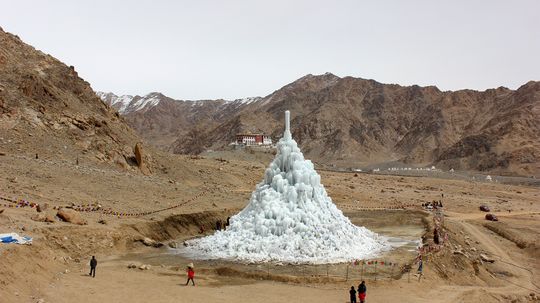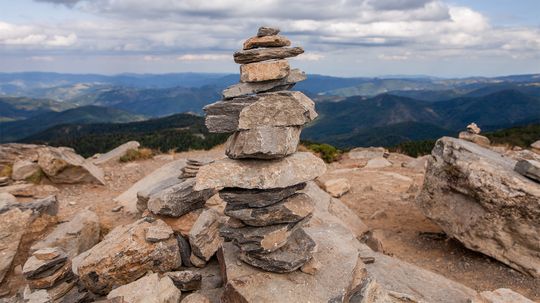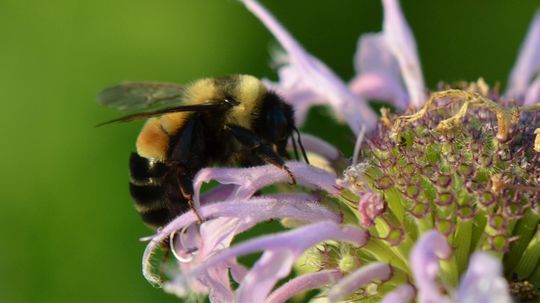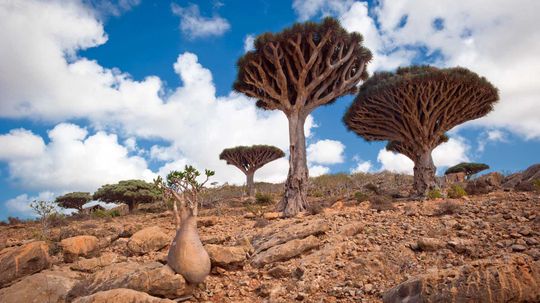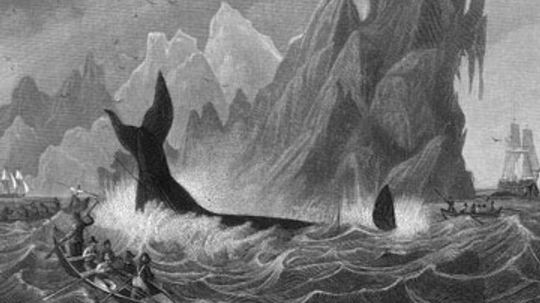Conservation
Conservation is a growing concern in the field of science. As humans continue to consume natural resources, many organisms are headed for extinction.
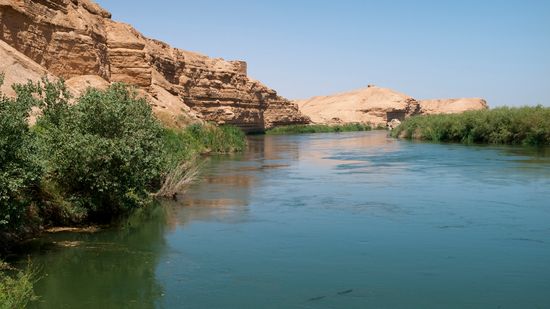
The Euphrates River, at the 'Cradle of Civilization,' Is Drying Up
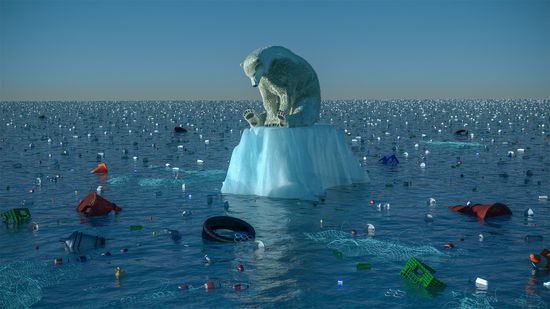
Study Says 2035 Is Climate Change Point of No Return

5 Ideas for Doubling the World's Food Supply

10 Earth Day Activities for Families

5 Tips for Teaching Kids About Sustainable Living

5 Ways to Teach Your Kids About Water Conservation
Learn More / Page 2
About 70 percent of our energy comes from non-renewable sources like oil and natural gas. When they're gone, they're gone for good. Learn some simple ways to conserve energy through these five simple experiments.
By John Kelly
Plastic may be the longest-lasting legacy of human beings on this planet. But there are lots of ways, big and small, that we can all stop using it. Today.
As the world becomes more urbanized, the demand for sand, a key ingredient of concrete, keeps growing. But there's only so much sand to go around.
By Dave Roos
Advertisement
New findings about ancient, extinct Australasian bandicoot and bilby species underscore how dire things are today when even survivors like these are struggling.
Now that its sequel is out, where did Al Gore's landmark environmental documentary hit the mark? What did it get wrong?
The OneLessStraw campaign encourages people to kick their straw habit to keep plastic from harming the environment.
Helium balloons are dangerous to the environment and wildlife - so why isn't releasing them illegal?
Advertisement
A growing network of global activists is taking an alternative approach to saving the environment: Pushing to recognize natural ecosystems as having legal rights like humans.
It's been 51 years since the first Earth Day, and while progress has been made in some areas, humanity still has had a major impact on the planet.
A killer smog 70 years ago helped lead to the first federal air pollution laws.
Scientists have found that chemicals in some sunscreens can cause coral bleaching, prompting the Hawaii state legislature to propose an exhaustive ban on them.
Advertisement
Everyone loves foraging for seashells at the beach, but the true jackpot is finding a perfect unbroken sand dollar. However, taking one home may not be such a good idea.
By Alia Hoyt
Many scientists say that the response to climate change will require planting new trees. A whole lot of them.
Not only do bug zappers mostly kill beneficial insects, they also can serve you up a side of bacteria with your burger.
By Chris Opfer
The Salton Sea, California's largest inland lake, and the area that surrounds it - once hotspots for tourism and wildlife - have essentially become ghost towns. The lake's evaporation has now become a ticking ecological time bomb with real world consequences.
Advertisement
Ice stupas are artificial glaciers that store frozen water to be used for hydrating crops in the driest stretches of the year in the high desert of Himalaya.
By Mark Mancini
China has joined the more than 120 countries outlawing certain types of single-use plastics, those convenient but controversial plastics we've all become so used to. What exactly are they, though, and is banning them really necessary?
It may seem cool to stack rocks for fun or artistic purposes but moving rocks may inadvertently threaten small mammals and insects and contribute to soil erosion.
The rusty patched bumblebee (Bombus affinis) is on the verge of extinction and the state of Minnesota is doing something about it.
Advertisement
A new report released by Beyond Plastics suggests that plastics will release more greenhouse gas emissions than coal plants in the U.S. by 2030.
This alien-looking archipelago off the coast of Yemen is teeming with plants and animals. Many species here are threatened or endangered. Can they be saved?
A new project aims to document the possible demise of Planet Earth due to climate change. It's called Earth's Black Box and the creators hope this will be a warning to all Earth-dwellers to take global warming seriously.
Men have been hunting and killing whales for centuries. Early whalers hunted for survival, but their motivation may have changed once there was money to be made. Whaling for profit has been banned since 1986, but whaling for scientific research is still allowed in certain areas, causing much debate.

